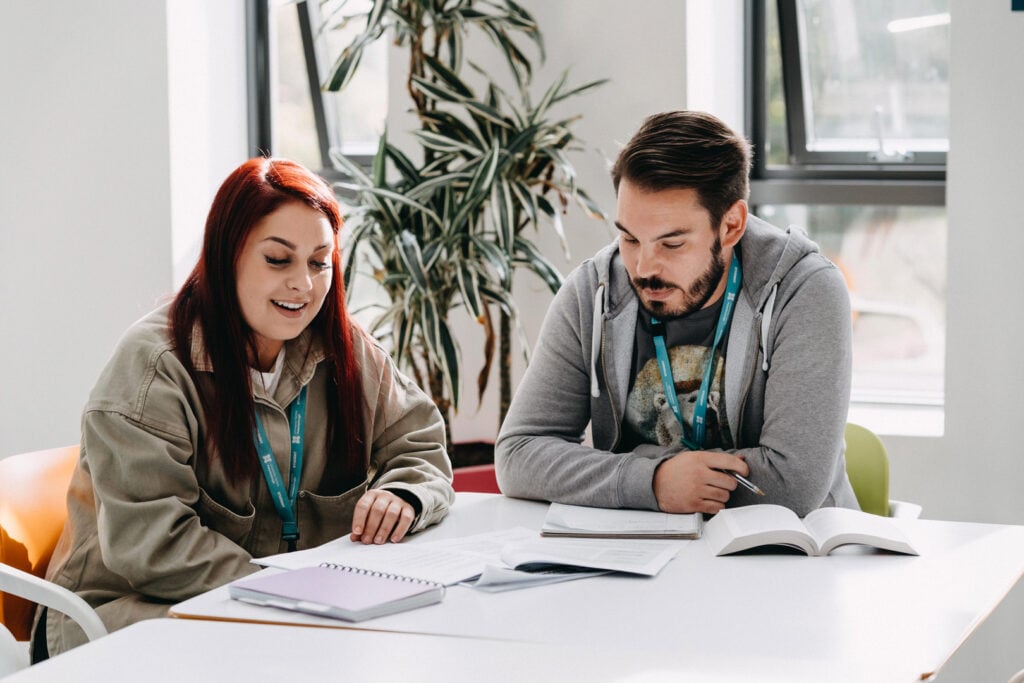What is covered?
Level 4 Overview
The Person-Centred Diploma in Counselling offers a rich and reflective journey into the heart of therapeutic practice. In the first two modules, you will build a strong foundation in person-centred theory and begin developing practical counselling skills. As you progress, you will explore human development, creative and integrative approaches, and work with themes such as loss, trauma, and mental health. Rooted in the values of authenticity, empathy, and respect, this diploma prepares you to become a confident, ethical, and compassionate counsellor, ready to make a meaningful difference in the lives of others.
In Module 1, you will explore the Person-Centred Approach (PCA) as a dynamic and evolving therapeutic philosophy. You will examine the work of Carl Rogers alongside later developments that have deepened and expanded person-centred theory, such as relational depth, configurations of self, and contemporary perspectives on the therapeutic relationship. This module encourages you to engage critically with the PCA as a living theory—one that continues to grow and adapt in response to modern understandings of human experience. Through this exploration, you will begin to build a strong theoretical foundation for your developing counselling practice.
In Module 2, the focus turns to the practical application of person-centred theory in therapeutic work. You will begin developing the core skills and attitudes that underpin effective counselling practice, learning how to create a safe and collaborative space for clients. Through experiential activities, skills practice, and supervised sessions, you will explore how to be fully present and responsive within the therapeutic relationship. This module emphasises the integration of theory and practice, supporting you to embody person-centred values in authentic, relational ways as you begin to form your identity as a counsellor.
Module 3 – Human Development
In Module 3, you will explore the complexities of human growth and development across the lifespan, considering how life stages, experiences, and contexts influence the counselling relationship. You will examine key theories of human development and reflect on how these ideas intersect with person-centred values and practice. This module supports you in developing deeper empathy and understanding of clients’ lived experiences, helping you recognise the individuality and diversity of human journeys within therapeutic work.
Module 4 – Creative Therapies and Other Theoretical Approaches
In Module 4, you will broaden your perspective by engaging with creative and integrative approaches to counselling. You will explore how creative therapies—such as art, imagery, movement, and play—can enrich the therapeutic process and deepen client expression. Alongside this, you will be introduced to other counselling modalities, including cognitive-behavioural and integrative approaches, considering how they may complement person-centred practice within a pluralistic framework. This module encourages flexibility, creativity, and openness as you expand your understanding of what it means to work therapeutically with a range of clients and needs.
Level 5 Overview
Module 5 – Loss and Grief: Theory and PracticeIn Module 5
You will explore the complex emotional landscape of loss and grief. You will examine key theoretical models and person-centred perspectives on how individuals experience and process loss in its many forms. This module emphasises sensitive, relational practice, enabling you to develop the skills and confidence to support clients through bereavement and other significant life transitions with empathy, presence, and authenticity.
Module 6 – Trauma and Abuse: Theory and Practice
Module 6 deepens your understanding of trauma and abuse within a therapeutic context. You will study contemporary trauma theories and person-centred approaches to working safely and ethically with clients who have experienced adversity. The module focuses on developing awareness, sensitivity, and appropriate therapeutic responses, helping you recognise the impact of trauma on the self and the counselling relationship while maintaining a grounded and compassionate presence.
Module 7 – Understanding and Working with Mental Health
In Module 7, you will examine person-centred understandings of mental health and distress, with particular focus on anxiety, depression, and phobias. You will consider how social, relational, and individual factors contribute to mental health challenges and explore ways to respond therapeutically within a person-centred and pluralistic framework. This module supports you in developing confidence and competence when working with clients experiencing emotional and psychological difficulties.
Module 8 – Integrating Theory, Practice, and Self
Module 8 brings together the theoretical, practical, and personal dimensions of your learning. Through reflective exploration, you will integrate your growing knowledge, skills, and self-awareness, deepening your understanding of who you are as a person-centred counsellor. This module encourages you to engage with your professional identity, ethical values, and relational way of being.
Year 1
Module 1 Person centred Counselling Theory – Level 4 Module 2 Person centred Counselling Practice – Level 4Module 3 Theoretical Perspectives in Human Development and Counselling – Level 4Module 4 Integrating Other Counselling Approaches and Creative Therapies – Level 4
Year 2
- Module 5 Loss and grief theory and practice – Level 5
- Module 6 Trauma and abuse theory and practice – level 5
- Module 7 Understanding and Addressing Mental Health Anxiety, Depression and Phobias – Level 5
- Module 8 Integrating Theory, practice and Self – Level 5

